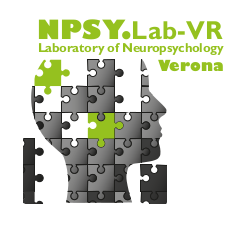Authors
Valentina Moro, Valeria Valbusa, Nicole Corsi, Annachiara Bonazzi, Maria Teresa Condoleo, Elisabetta Broggio, Michele Scandola & Giuseppe Gambina
Abstract
Background
Clinical competence is the term used to describe an individual’s capacity to express a choice regarding their participation in clinical procedures or experimental studies. Understanding the information provided is a prerequisite but consent forms are often lengthy and complicated. Alzheimer’s disease patients may be vulnerable in written comprehension, due to cognitive deficits, but unfortunately to date, a specific evaluation of this ability is not included in periodical assessments.
Methods
One hundred thirty Italian patients with Alzheimer’s disease were compared with 130 controls in a comprehension task involving a simplified informed consent form. Their performance in this task was compared with their performance with two other types of reading material (a testament and a history text). In addition, the performance of a subgroup of very mild patients in this test was compared with their performance in a widely used interview for the assessment of clinical competence (MacArthur Competence Assessment Tool for Clinical Research).
Results
Good sensitivity and specificity of the cut-offs identified consent form and the other texts as good instruments for evaluation of written comprehension. The comprehension of consent form may be compromised since the early stages of Alzheimer’s disease. Nevertheless, a simplified, written text may help patients in comparison with interviews (MacCAT-CR). Better performance was correlated to the standard of education and better cognitive functions.
Conclusion
Deficits regarding the comprehension of written texts and the consent form may be early in Alzheimer’s disease patients and need to be investigated during periodical neuropsychological assessment. Comprehension may be facilitated by means of specific simplification strategies.
